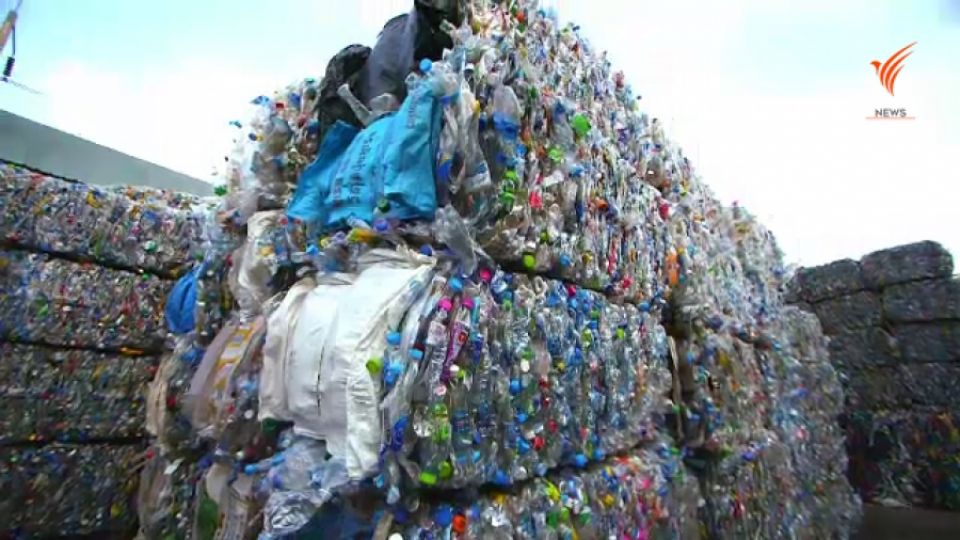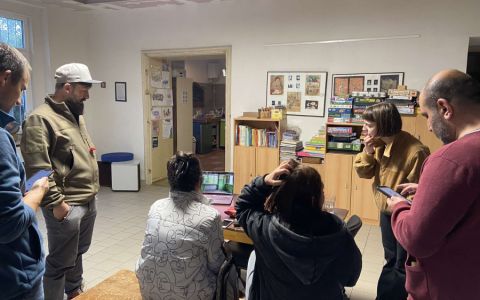The amount of plastic and electronic waste imported from abroad is already a serious issue for Thailand, negatively affecting the environment as well as health of the communities living in the vicinity of waste processing plants and recycling industry areas. Between 2014 and 2018, Thailand imported 900,000 tonnes of plastic waste, but in 2021 there is a plan to increase the imports to alarming 650,000 tonnes.
In addition to the damaging impacts on the environment, the imported waste also affects Thailand's domestic recycling industry. "The import of plastic wastes has raised huge conflicts among the recycling businesses in Thailand. It also contradicts with the government policy to ban the import of plastic waste, as well as it’s against Thailand's plastic waste reduction policy," said Penchom Saetang, Director of Ecological Alert and Recovery – Thailand (EARTH), Arnika’s partner organization. According to the local PBS News, the Department of Industrial Works wants to allow such an increase to 650,000 tonnes of imported plastic waste probably to serve Chinese investors.
The situation demands a serious action
In the light of current events, people from five eastern provinces of Chonburi, Rayong, Prachinburi, Chachoengsao, and Sakaew now demand the government to take serious action over the toxic waste pollution caused by waste disposal factories in their areas, according to EARTH. "The increase of imported plastic waste and unused materials from abroad has led to the proliferation of unregulated recycling plants in the country," Saetang added. "We have proposed that the waste managements or recycling factories must be required to perform environmental impact assessments before applying for operating licences, in order to avoid causing impacts to the communities, but our proposal has never been accepted", explained Supaporn Malailoy, a lawyer from the EnLaw Foundation.
Moreover, currently published INTERPOL’s strategic report on global plastic waste management found a considerable increase in illegal plastic pollution trade across the world since January 2018. Based on the report information, the "overwhelming" surge in plastic waste being shipped from rich countries to Asia leads to criminal networks profiting from that by illegal waste shipments, primarily rerouted to South-East Asia via multiple transit countries to camouflage the origin of the waste shipment, and causes stoking pollution by burning and dumping waste that was supposed to be recycled.







